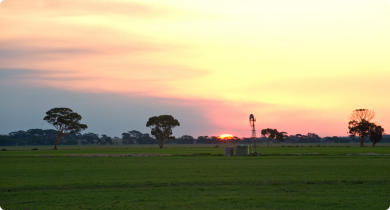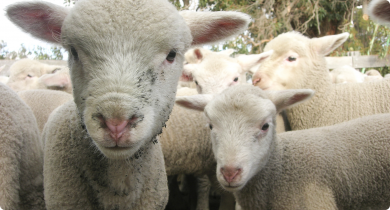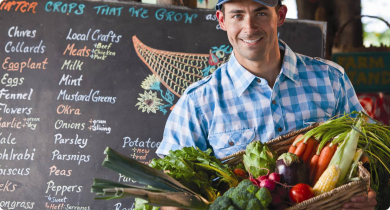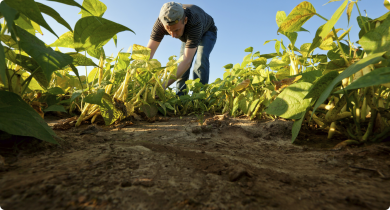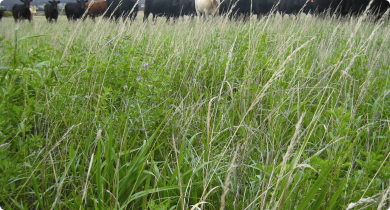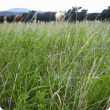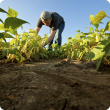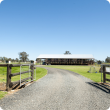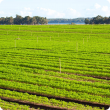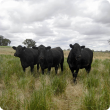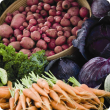Small landholders in Western Australia
In Western Australia, small landholders (1-100ha) are responsible for an estimated 60 000 properties, totalling 650 000 hectares of agricultural land being used for a range of agricultural activities and levels, and different lifestyles.
Small landholders are usually located on the outer edges of urban development in towns and cities with their impact on water resources and quality, land condition and biosecurity more concentrated in these areas.
The Department of Primary Industries and Regional Development has information available to assist small landholders to effectively manage their property, land and water resources, and agricultural production.
See Also
Filter by search
Filter by topic
- Crops (5) Apply Crops filter
- Livestock & animals (5) Apply Livestock & animals filter
- Livestock management (4) Apply Livestock management filter
- Horticulture (4) Apply Horticulture filter
- Water management (3) Apply Water management filter
- Water (3) Apply Water filter
- Feeding & nutrition (3) Apply Feeding & nutrition filter
- Soils (3) Apply Soils filter
- Measuring and assessing soils (2) Apply Measuring and assessing soils filter
- Food & beverages (2) Apply Food & beverages filter
- Pasture establishment (1) Apply Pasture establishment filter
- Organic food & farming (1) Apply Organic food & farming filter
- Pastures (1) Apply Pastures filter
- Poultry & birds (1) Apply Poultry & birds filter
- Livestock species (1) Apply Livestock species filter
- Soil acidity (1) Apply Soil acidity filter
- Soil constraints (1) Apply Soil constraints filter
- Biosecurity (1) Apply Biosecurity filter
- Biosecurity & quarantine (1) Apply Biosecurity & quarantine filter
- Agribusiness Food & Trade (1) Apply Agribusiness Food & Trade filter
- Food safety (1) Apply Food safety filter
- Food, export & investment (1) Apply Food, export & investment filter
- Fruit (1) Apply Fruit filter
- Livestock biosecurity (1) Apply Livestock biosecurity filter

